10 Best Credit Unions Almost Anyone Can Join, 2018
Credit unions are nonprofit institutions owned by their members -- meaning they tend to offer accounts and services that are more customer-friendly than those of large national banks.

Profit and prosper with the best of Kiplinger's advice on investing, taxes, retirement, personal finance and much more. Delivered daily. Enter your email in the box and click Sign Me Up.
You are now subscribed
Your newsletter sign-up was successful
Want to add more newsletters?

Delivered daily
Kiplinger Today
Profit and prosper with the best of Kiplinger's advice on investing, taxes, retirement, personal finance and much more delivered daily. Smart money moves start here.

Sent five days a week
Kiplinger A Step Ahead
Get practical help to make better financial decisions in your everyday life, from spending to savings on top deals.

Delivered daily
Kiplinger Closing Bell
Get today's biggest financial and investing headlines delivered to your inbox every day the U.S. stock market is open.

Sent twice a week
Kiplinger Adviser Intel
Financial pros across the country share best practices and fresh tactics to preserve and grow your wealth.

Delivered weekly
Kiplinger Tax Tips
Trim your federal and state tax bills with practical tax-planning and tax-cutting strategies.

Sent twice a week
Kiplinger Retirement Tips
Your twice-a-week guide to planning and enjoying a financially secure and richly rewarding retirement

Sent bimonthly.
Kiplinger Adviser Angle
Insights for advisers, wealth managers and other financial professionals.

Sent twice a week
Kiplinger Investing Weekly
Your twice-a-week roundup of promising stocks, funds, companies and industries you should consider, ones you should avoid, and why.

Sent weekly for six weeks
Kiplinger Invest for Retirement
Your step-by-step six-part series on how to invest for retirement, from devising a successful strategy to exactly which investments to choose.
Credit unions are nonprofit institutions owned by their members -- meaning they tend to offer accounts and services that are more customer-friendly than those of large national banks. And, like banks, they deliver a full range of options, from checking and savings accounts to credit cards, auto loans and mortgages.
Many credit unions limit membership to people who live in a certain region or work for eligible employers, but some open their doors to any U.S. customer who joins a qualifying organization. With data from Informa Research Services, we evaluated 16 such all-access credit unions, plus Navy Federal Credit Union, which reaches a large number of customers despite its membership limitations. Among other factors, we examined the fees, minimum-balance requirements and interest rates on checking, savings and CD accounts.
Take a look at these 10 outstanding credit unions. Most of them participate in the CO-OP shared branch network, allowing members to use the services of 3,500 credit unions with more than 5,000 branches. And customers whose credit unions are part of CO-OP's ATM network get access to nearly 30,000 surcharge-free ATMs.
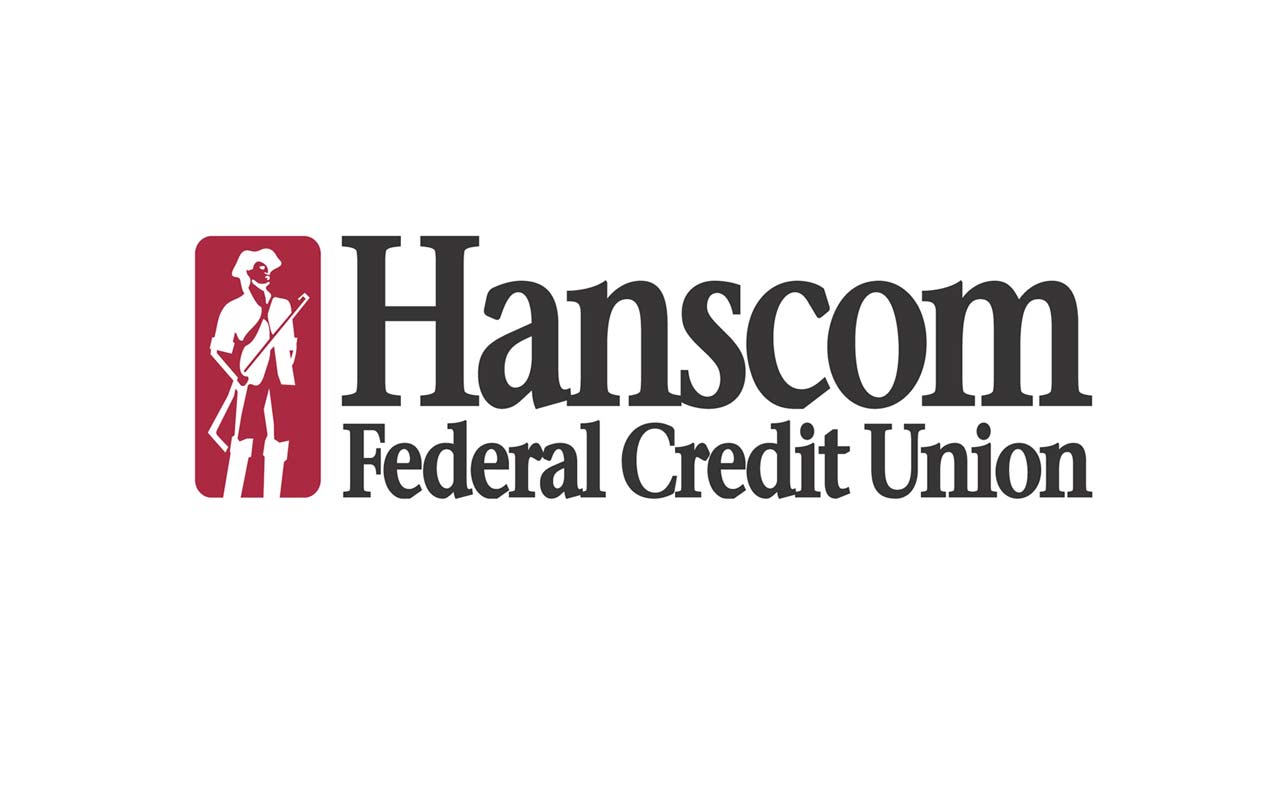
BEST: Hanscom Federal Credit Union
Hanscom Federal Credit Union, which launched in 1953, is based in Massachusetts. Most of its 21 branches are clustered in and around Boston (there is also one in McLean, Va.). All current and retired employees of federal government offices located in Massachusetts, and supporters of other partner organizations, can join, as well as family members.
- How you can join: Support one of three partner organizations; the least expensive is Burlington Players ($12 membership fee), a volunteer theater group. (Hanscom will submit the Burlington Players application on your behalf.) You must also deposit $25 into a free Primary Savings account.
- Checking accounts: Three of Hanscom's four checking accounts are fee-free. The basic account lets you earn "MemberPoints" that you can redeem for travel, merchandise or gift cards, while Premier Checking ($9.95 per month unless your average daily balance exceeds $2,000) ladles on an extra 250 points each month and yields 0.3%. You can also choose between two rewards checking accounts from Kasasa, a financial-services company that offers free rewards accounts through community banks and credit unions: one that pays 2% cash back on debit card purchases (up to $7 per month) and one that yields 2.5% on balances up to $15,000. For both Kasasa accounts, you need to meet several conditions each month to qualify for these perks, including 12 debit or credit card purchases and at least one direct deposit.
- Savings accounts: Hanscom offers several savings options, but one of the most intriguing is CU Thrive, which rewards customers who set up automatic monthly transfers (capped at $500 per month and for a one-year term) with a 3% rate. The money market account earns up to 1% and requires an initial $2,000 deposit. CDs require either a $250 investment to earn a flat 0.85% for three-, six- or 12-month terms, or a $1,000 investment to earn 1.25% on a one-year CD and 2.25% for a five-year term.
- Credit cards and loans: The Platinum credit card has no annual fee and an APR as low as 8.49%. In November, Hanscom will debut the no-fee Mastercard World Cash + Rewards credit card. It pays 1% cash back on everything, plus bonus rewards for shopping at partnered retailers that can be redeemed for statement credits, gift cards, merchandise, travel and more. A 30-year fixed-rate mortgage starts at 4.674%, while a new-car loan could be as low as 2.24% APR for up to 24 months.
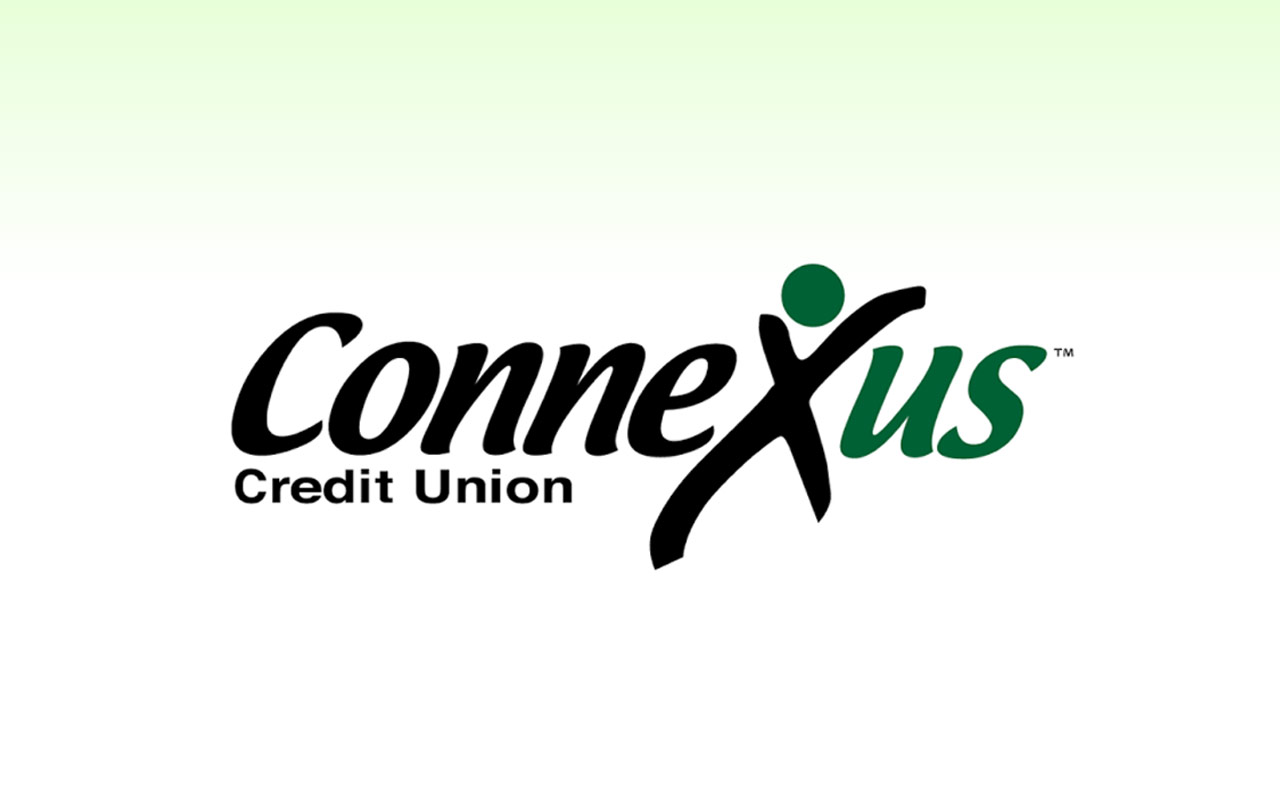
RUNNER-UP: Connexus Credit Union
Since Connexus was founded in 1935 to serve employees of an insurance company in Wausau, Wis., it has merged with eight other credit unions both inside and outside of the state. Nowadays, 13 branches are sprinkled around Minnesota, New Hampshire, Ohio and Wisconsin. Employees of several companies, including Honeywell and Liberty Mutual Insurance, and residents of certain parts of Minnesota, Ohio and Wisconsin are eligible to join Connexus, as are their family members. Connexus isn't a participant in the CO-OP shared branch network, but members can use CO-OP ATMs free.
- How you can join: Donate $5 to the Connexus Association, which provides scholarships and supports education, and deposit $5 into a savings account.
- Checking accounts: The no-frills Innovative account doesn't pay interest. The MyRewards account pays 1.35%, and Xtraordinary checking pays 1.75% on up to $25,000 in deposits, provided you meet certain requirements each month. For Xtraordinary, this means 15 debit card transactions, one direct deposit and one bill payment, plus electing to receive electronic instead of paper statements; the MyRewards rules are a bit more relaxed.
- Savings accounts: The regular savings account earns 0.25% as long as you keep a minimum daily balance of $100 or more. Money market accounts earn between 0.5% and 1.15% on balances over $1,000 (and the requirements to earn interest are similar to those for the checking accounts). You'll need at least $5,000 to open a CD; a one-year term earns 2.5%, and the five-year option earns 3.25%.
- Credit cards and loans: Connexus's no-fee Visa Platinum card offers a 0% introductory APR for your first 15 months as cardholder and an 11.74% to 17.99% rate thereafter. There are also several rewards cards, including the Premier Rewards American Express card. It carries a $99 annual fee (waived the first year) but returns four points per dollar spent on restaurants, three points on airline purchases, two points on gas, and one point on everything else, as well as a rebate for Global Entry or TSA PreCheck enrollment and no foreign transaction fees. New-car loans start at 2.99% for 36 months. A 30-year fixed-rate mortgage recently showed a 4.750% rate.
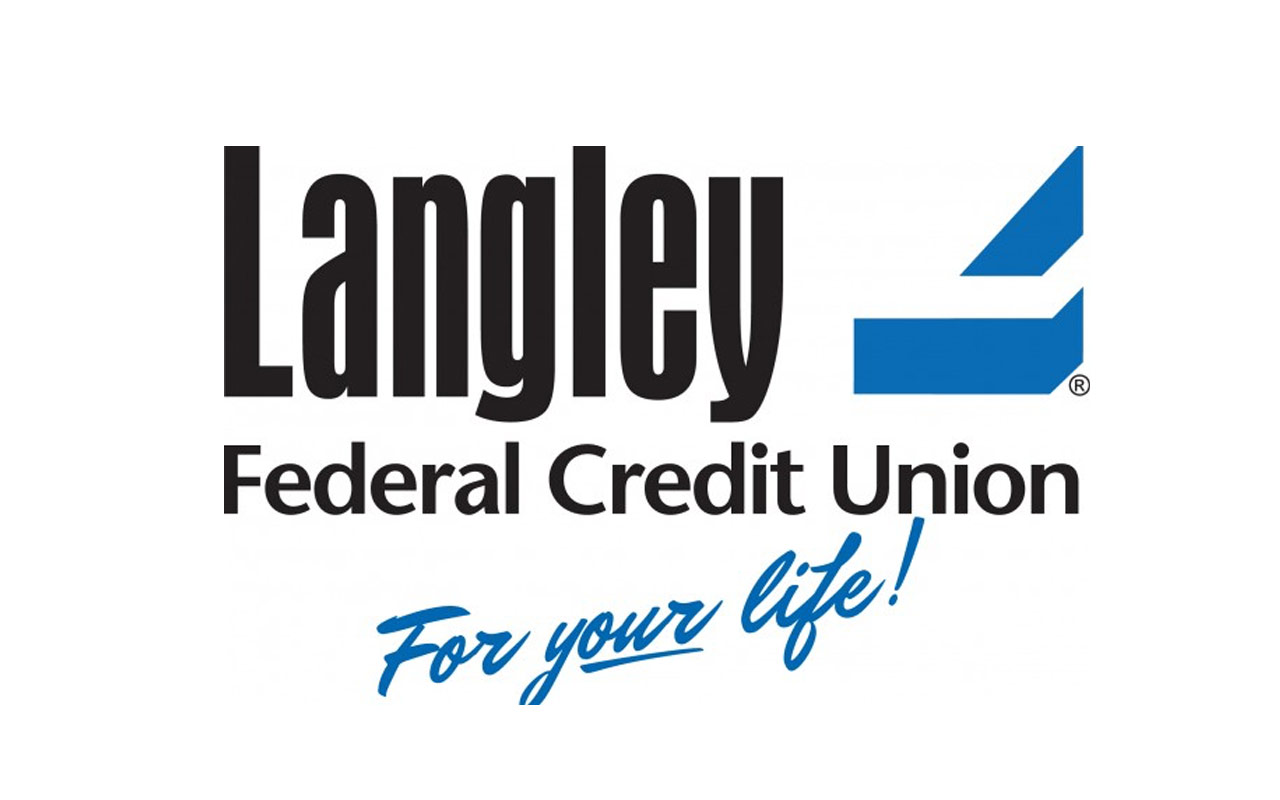
3. Langley Federal Credit Union
Virginia-based Langley Federal Credit Union got its start in 1936, when members of the National Advisory Committee for Aeronautics (the predecessor to NASA) chartered it. Later, Langley expanded its reach, opening membership to Air Force civilian and military personnel in the Hampton Roads area. Today, Langley serves those affiliated with qualifying employers, schools and organizations in the Hampton Roads community.
- How you can join: Anyone can take advantage of Langley's attractive suite of accounts by paying a fee of as little as $5 to one of several Virginia causes. You'll have to open a savings account with at least $5 to establish your share in the credit union.
- Checking accounts: Members can choose among four checking accounts, two of which charge no monthly fee. The free LangleyPays checking account yields 0.25% on the first $1,000 in deposits and pays 10 cents every time you swipe your debit card. Or keep it simple with the basic Smart Checking account, with no monthly fee or minimum balance required. If you're 60 or older, you can join the Silver Select Club. Benefits include two free boxes of checks per year if you have a direct deposit; free money orders, certified checks and wire transfers; and a 20% discount on a safe-deposit box. (Langley is the runner-up in our rankings of the best financial institutions for retirees.)
- Savings accounts: Langley offers the free Traditional money market deposit account, which yields up to 1.0%, and the Platinum money market account, which pays 1.26% on balances of $25,000 or more (but you can make only one free withdrawal or transfer per month with Platinum). CD yields include 1.41% on a 12-month term ($1,000 minimum deposit). And Langley hosts a variety of no-fee savings accounts, including one that pays interest of 1.21% on balances of up to $1,000.
- Credit cards and loans: Members have their pick of four Visa credit cards. The Select Visa Platinum card features an annual percentage rate as low as 8.75%, and the Cash Back Visa offers rewards of 3% cash back on gas purchases, 2% on groceries and 1% on all other spending. An auto loan for a vehicle between model years 2013 and 2018 recently carried an APR as low as 3.24% (term: up to five years). The fixed rate on a 30-year mortgage recently started at 5.0%.
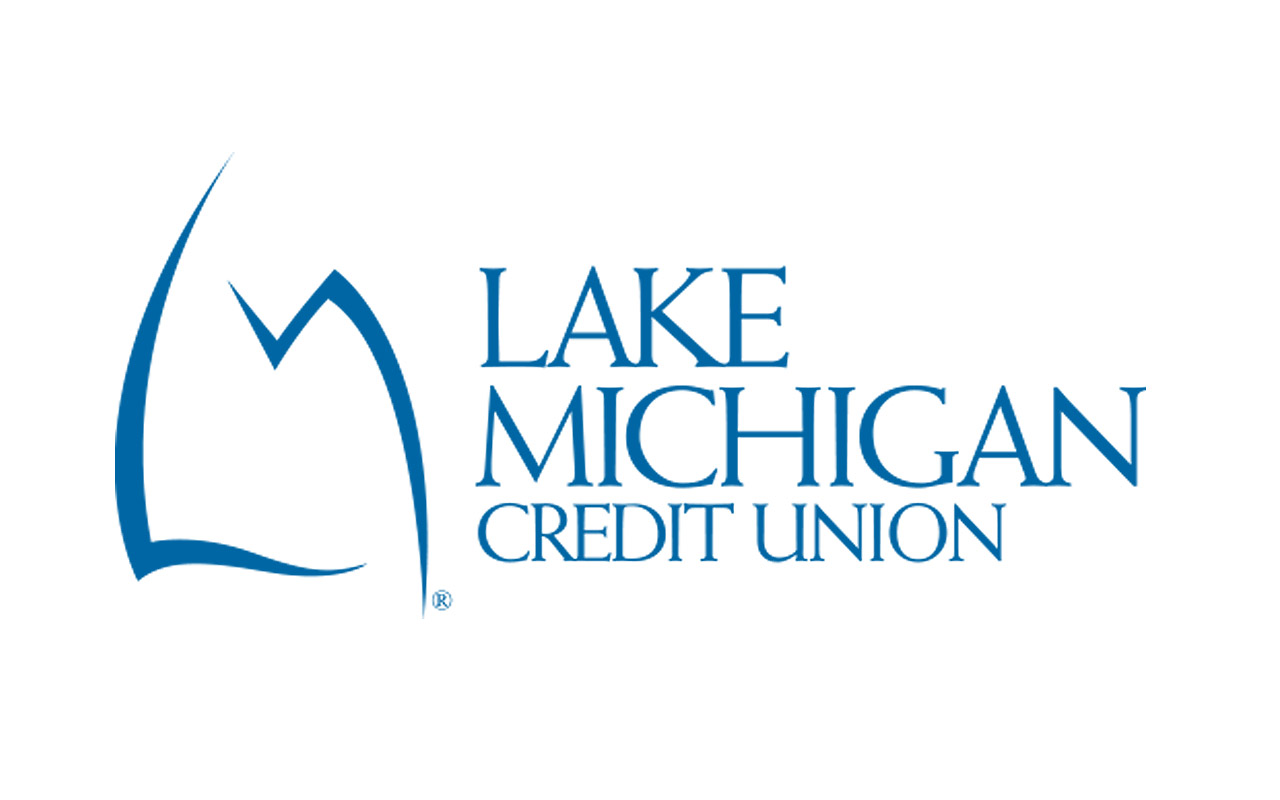
4. Lake Michigan Credit Union
Lake Michigan Credit Union debuted in 1933 as the Grand Rapids Teachers Credit Union and is still headquartered in Grand Rapids. Membership is open to anyone who lives, works, goes to school or worships anywhere in the state of Michigan's lower peninsula or one of 14 counties in southwest Florida, as well as family members. After merging with Encore Bank in Florida this year, there are now 51 total branches -- 10 in southwest Florida and 41 in Michigan. LMCU members can earn points through the MORE rewards program for using LMCU services, which are redeemable for perks such as free out-of-network ATM transactions or complimentary books of checks. LMCU is not a member of the CO-OP shared branch or ATM network.
- How you can join: Donate $5 to the ALS Foundation, and deposit $5 into a Member Savings account. (Note: those who live in Michigan's upper peninsula or any part of Florida aside from the southwestern counties of Charlotte, Collier, Desoto, Glades, Hardee, Hendry, Highlands, Hillsborough, Lee, Manatee, Monroe, Palm Beach, Polk or Sarasota cannot join LMCU at all.)
- Checking accounts: The free Max Checking gets the edge over no-frills Free Checking because it pays a generous 3% yield on up to $15,000 and returns up to $15 in non-LMCU ATM fees each month. To earn that rate, you'll need to meet monthly requirements including a direct deposit, at least 10 debit or credit card purchases, at least four logins to your bank account online or by app and opting into e-statements.
- Savings accounts: Members are required to open a Member Savings account, which must have a minimum daily balance of $300 to avoid the $5 monthly fee and pays up to 0.25%. Max Savings pays a superior 1%, as long as your balance exceeds $100,000 (0.25% on balances below that and above $100). Rates on the money market accounts range from 0.25% to 0.5%, with $2,500 as the minimum deposit. Or open a CD with $500 to earn 1.8% on a five-year term.
- Credit cards and loans: The Max Rewards Visa gives you the choice of cash back or rewards points redeemable for travel, merchandise and more; for example, gas purchases could earn 3% back or three rewards points per dollar. The Prime Platinum Visa charges an APR as low as 8%. Auto loans were recently as low as 3.79% (for vehicles from 2010 or newer and for a three-year term), and a 30-year fixed-rate mortgage starts as low as 4.625%.
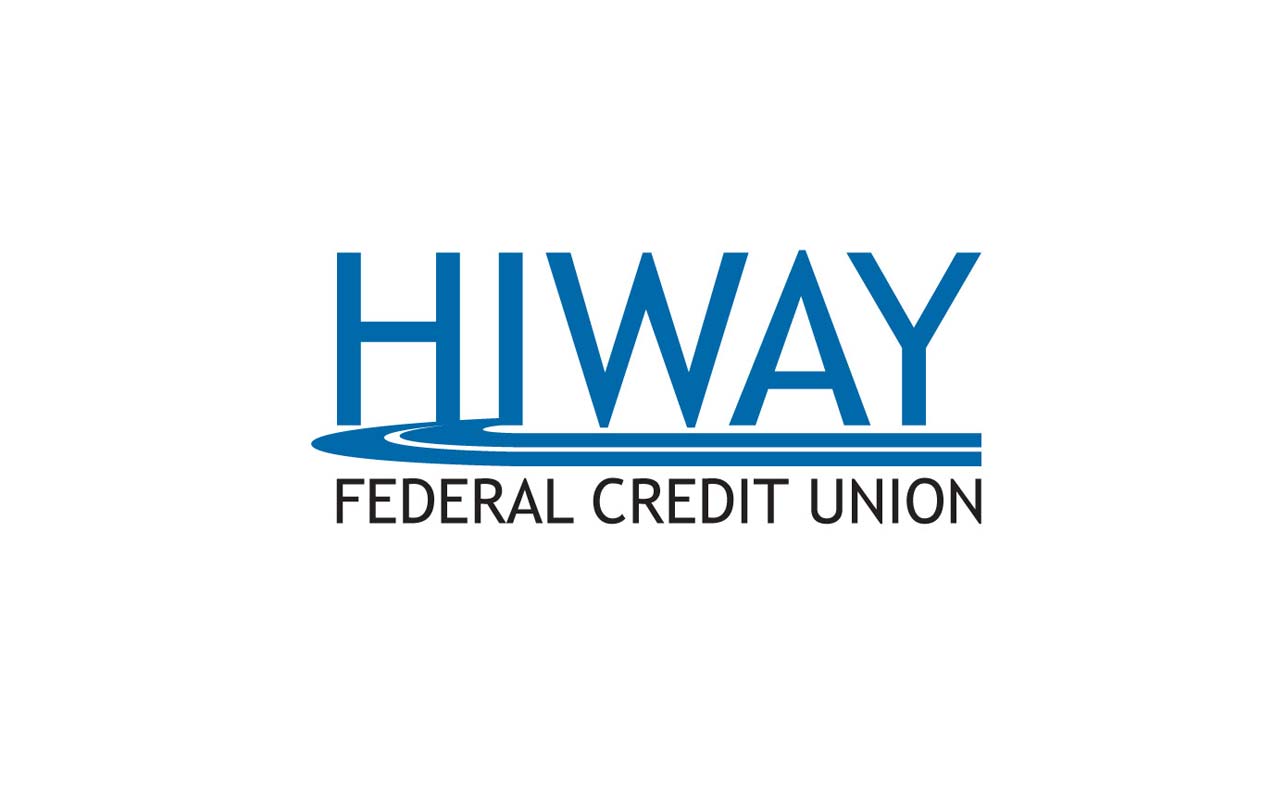
5. Hiway Federal Credit Union
Hiway opened in 1931 for employees of the Minnesota Department of Transportation. Today, membership is available to those who work for other eligible employers or live, worship or attend school in the St. Paul area.
- How you can join: You qualify for credit union membership if you support the Minnesota Recreation and Park Foundation ($10 fee per year) or the Association of the U.S. Army ($40 for two years for civilian supporters). Make a deposit of $5 or more into a savings account to establish your share in the credit union.
- Checking accounts: Hiway's Free Checking account has no monthly fee or minimum-balance requirements, and the first box of checks is free. Or, with Minnesota Wild checking, enjoy the benefits of Free Checking and show your pride for the city's professional hockey team with a Minnesota Wild–branded debit card. Each purchase you make earns you a free entry into monthly drawings for prizes such as game tickets and signed jerseys. Members 55 and older are eligible for the Premier Lifestyles Club, through which they get free custom personal checks and a discount on official checks, money orders and a safe-deposit box, among other perks.
- Savings accounts: Open the free money market deposit account with a minimum $500 deposit; the account yields from 0.1% to 0.65%, depending on balance. CD rates depend on the amount deposited. Recently, with a $500 deposit, a one-year maturity yielded 0.8%, and a five-year maturity yielded 2.51%.
- Credit cards and loans: Among the credit card options is the Visa Platinum card, which carries an APR starting at 9.9%. Auto-loan APRs were recently as low as 2.49% for a three-year term or 2.99% for a five-year loan, and interest on a 30-year fixed-rate mortgage started at 4.875%.
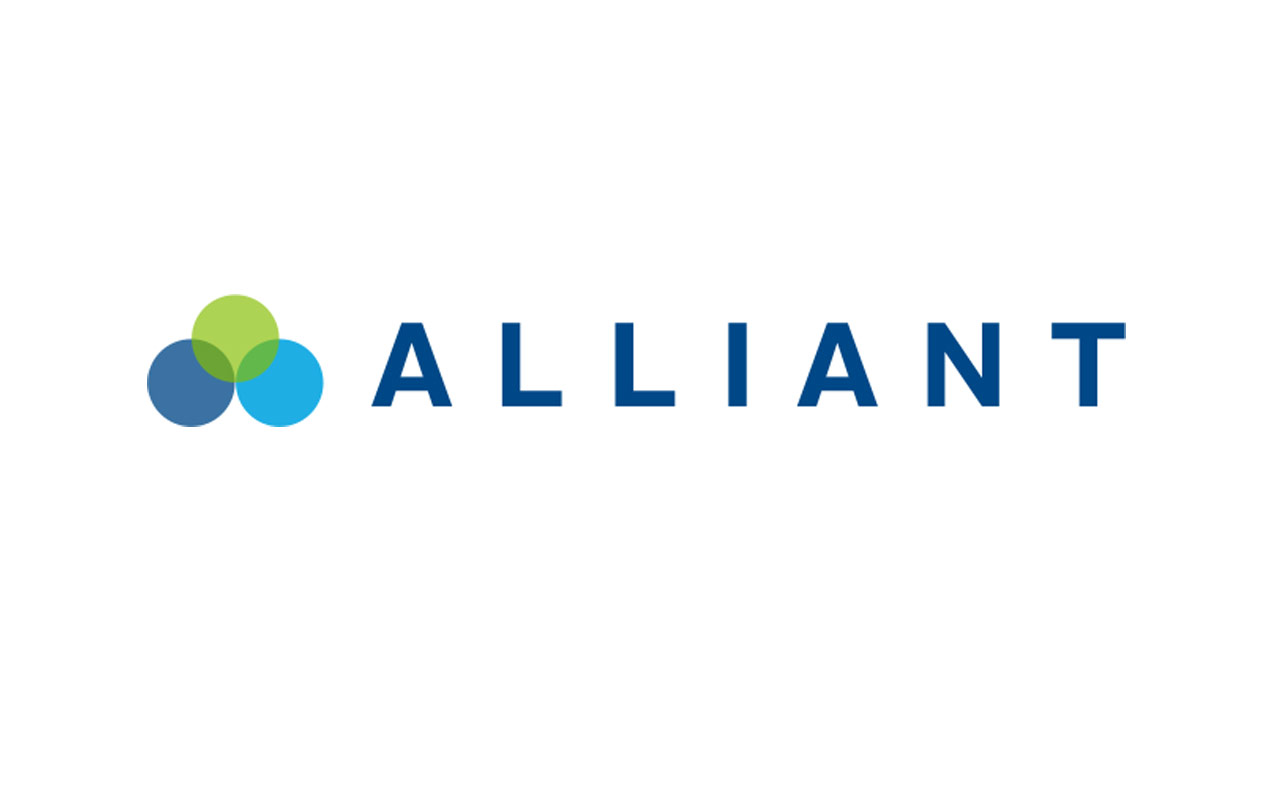
6. Alliant Credit Union
Alliant formed in 1935 as a credit union for United Airlines employees. Eligibility has since expanded to employees and retirees of more than 250 companies nationwide, as well as residents of municipalities around Chicago, and a number of other groups and associations, such as Life Time Fitness. Family members of those members are welcome, too. The brick-and-mortar footprint is small: Alliant has two branches in Illinois.
- How you can join: Alliant will deposit $5 to open your savings account, and will make a $5 donation to Foster Care to Success on your behalf.
- Checking accounts: Earning a 0.65% rate on Alliant's High-Rate Checking account is contingent on two simple requirements: accepting e-statements and receiving one direct deposit each month. The account is free and reimburses users for up to $20 each month in out-of-network ATM fees. (The Free Teen Checking account is available for teens up to age 17 with the same perks, but requires joint ownership with an adult.) Free Checking is similar but does not pay interest.
- Savings accounts: The High-Rate Savings account returns 1.8% on all balances, as long as you maintain a minimum daily balance of $100. Alliant pays the initial $5 deposit for you. CDs can be opened with as little as $1,000 and yield 2.65% for 12 to 17 months or 2.95% for five years. You can sometimes earn a bit more on a "jumbo" CD ($25,000 minimum), such as 3% for a five-year term.
- Credit cards and loans: The Alliant Visa Signature is Kiplinger's runner-up for best flat-rate cash-back card in our 2018 roundup of best rewards credit cards. You earn 3% on all purchases for the first year and 2.5% on all purchases thereafter (the $59 annual fee is waived for the first year). The starting rate for a 30-year fixed mortgage is 4.625%, or 3.24% for a new-car loan with a 60-month term.
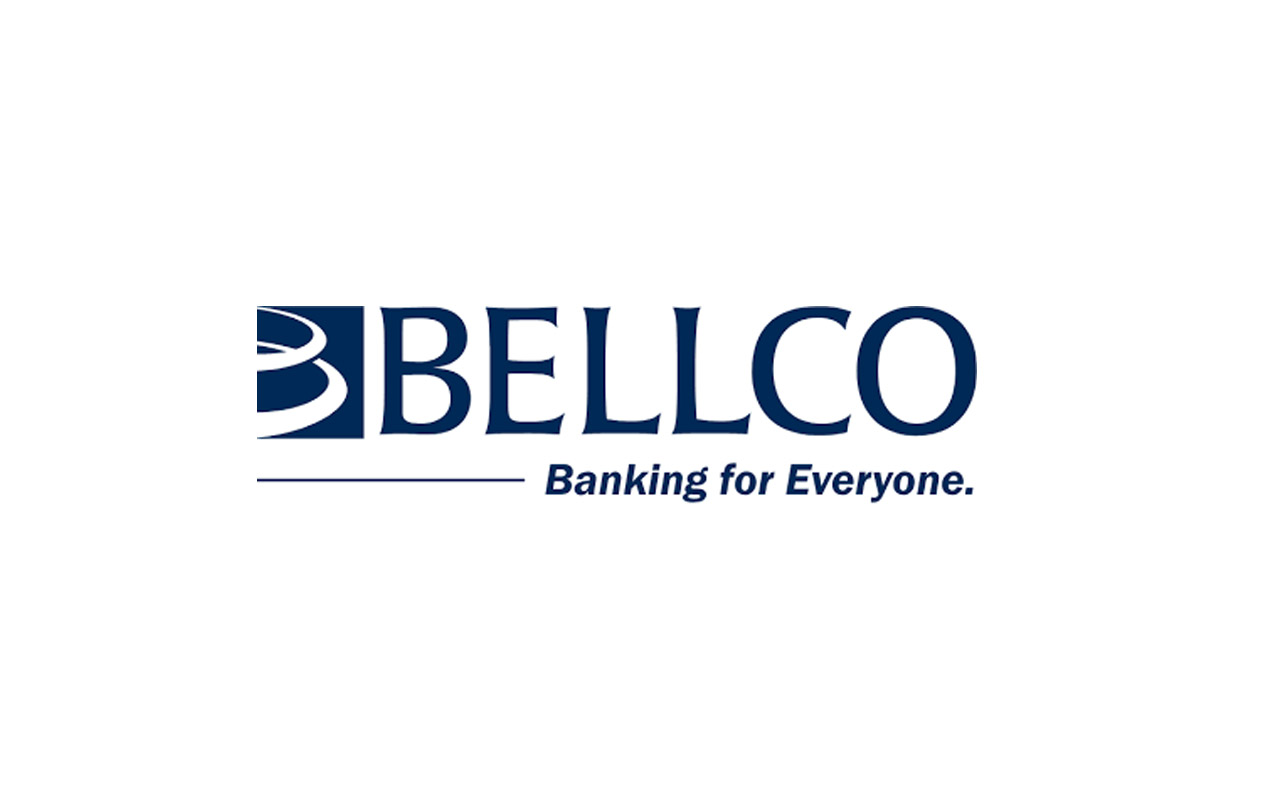
7. Bellco Credit Union
Based in the Denver area, Bellco has 25 branch offices in Colorado. It opened its doors in 1936 and is now the largest credit union in Denver. Colorado residents may join if they live or work in certain counties, are employees of select companies or become a member of the nonprofit Consumers United Association ($5 a year or a $25 lifetime fee).
- How you can join: If you live outside of Colorado, make a minimum donation of $10 to the charitable organization Bellco Foundation. The credit union also requires a one-time, $5 membership fee and a minimum $25 deposit in a savings account.
- Checking accounts: The Boost Interest Checking account stands out for offering a healthy 2.25% rate on up to $25,000 if you meet monthly requirements of making 15 debit card purchases, having one direct deposit, and logging in to online or mobile banking. Otherwise, choose from a free basic checking account, a free student account or Platinum Checking, which requires a $15,000 balance in deposits and loans to waive a $12 monthly fee. It comes with free overdraft-protection transfers, standard checks, wire transfers, money orders and cashier's checks, plus one waived non-sufficient-funds fee per year and a yield of up to 0.15%, depending on the balance.
- Savings accounts: Earn up to 1.25% with the Premier Money Market Account (minimum $10,000 balance) or up to 0.15% with the Member Money Market Account. Bellco's savings account yields a ho-hum 0.1%. But if you have a checking account with the credit union, you can have Bellco round up each purchase and deposit the change into your savings account. The Youth Savings account offers an impressive 2% on up to $500 and 0.5% on higher balances.
- Credit cards and loans: Choose between two no-fee credit cards, including Visa Platinum Colorado Rewards. It offers three points per dollar spent on groceries, gas, and certain retail, entertainment and recreation purchases (such as those made at wholesale clubs, shoe stores, movie theaters and golf courses), two points per dollar on cable and streaming services (including Hulu and Netflix) as well as phone and internet services, and one point on all other spending. Rates for a new-car loan recently started at 3.75% for a term of up to four years, and a 30-year fixed-rate mortgage started as low as 4.875%.
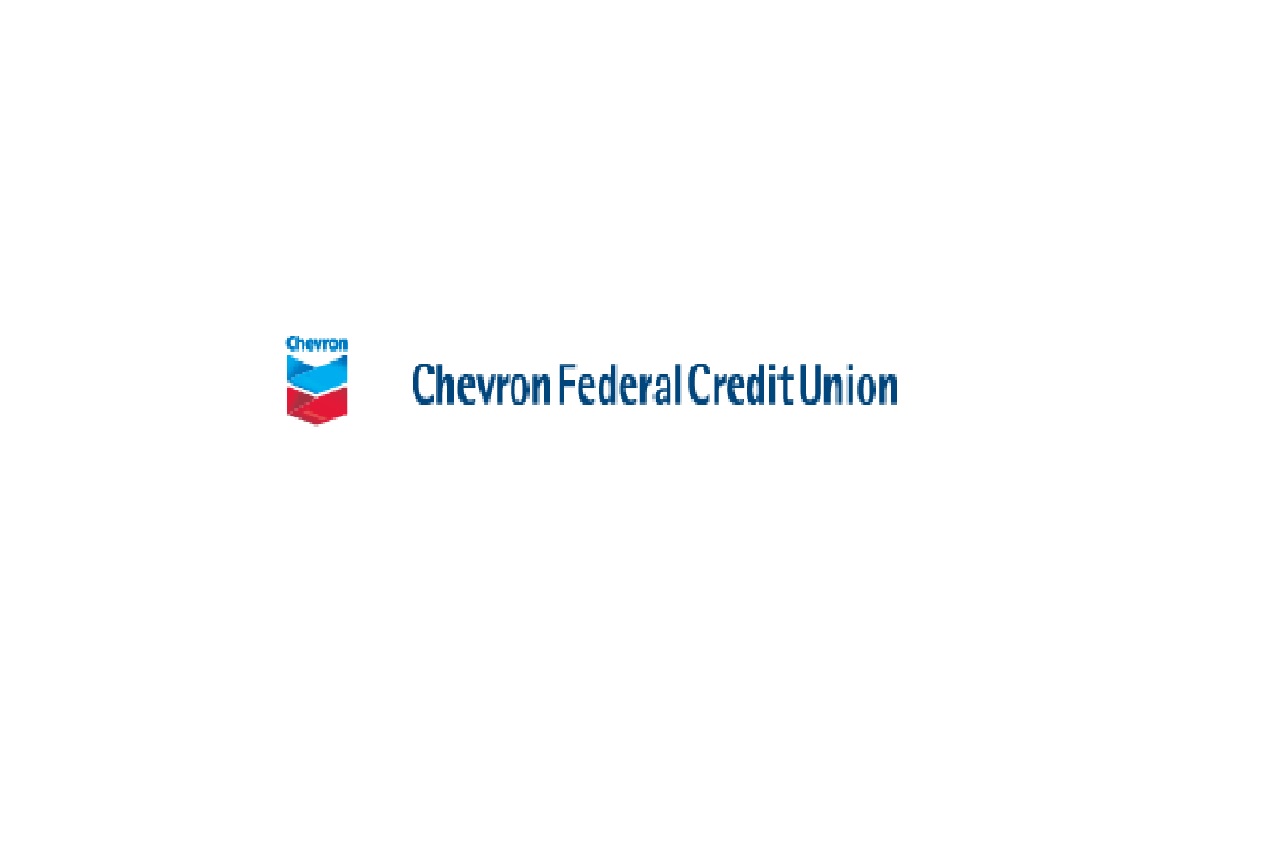
8. Chevron Federal Credit Union
Chevron Federal Credit Union opened its doors in 1935. Membership is open to employees and retirees of energy company Chevron Corp. and associated firms, as well as those who live, work, worship or attend school in some San Francisco neighborhoods and areas in or near Frederick County, Maryland. Family members are eligible as well. You can find 19 branches spread across six states—California, Louisiana, Mississippi, Texas, Utah and Virginia -- and under two brands (Chevron Federal Credit Union and Spectrum Credit Union).
- How you can join: Join one of their nonprofit partner associations, including the Contra Costa County Historical Society ($40 for an individual) or the Navy League of the United States, through one of four regional councils ($50). Plus, you'll have to deposit $25 into a Primary Savings account.
- Checking accounts: You need $25 to open the checking account and a balance of at least $500 to earn the 0.15% rate, but you won't incur any monthly fees. The New Solutions Checking account is designed for members with poor credit and charges $5 per month.
- Savings accounts: You'll need to maintain a $25 minimum balance with the Primary Savings account (0.45% yield). The MarketEdge money market account is more attractive, since it doesn't have any balance requirements and offers rates that are as good or better than savings (0.45% on balances up to $2,500, and 1.6% on sums above that). Those 21 and younger will do well with the no-fee MySavings account, earning 7% on balances up to $1,000 and the regular 0.45% on higher balances. CD earnings depend on deposit size but start at $500; recently, opening a 12-month CD could earn 2.3% with a $500 minimum deposit.
- Credit cards and loans: Chevron offers several rewards cards, including the no-fee Cash Rewards American Express, which returns 3% on gas and 2% on groceries and offers a 0% APR on the first six billing cycles. A new-car loan starts at rates of 3.24% (for either 36–60 months or 61–72 months), and a 30-year fixed-rate mortgage goes for 4.750%.
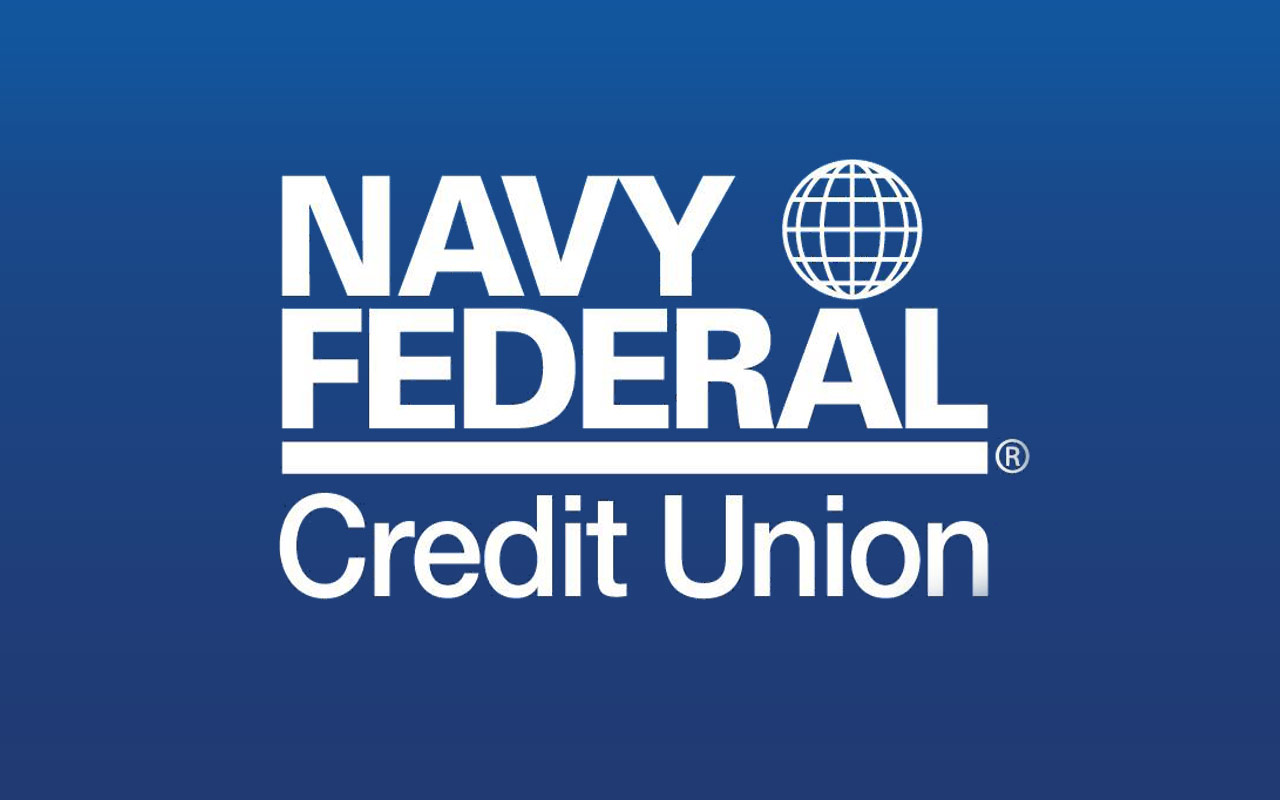
BEST FOR MILITARY PERSONNEL: Navy Federal Credit Union
Navy Federal's membership is limited to servicemembers and Department of Defense personnel. But with more than 8 million members and $91 billion in assets, Navy Federal is a giant among credit unions and a strong option for anyone who qualifies. Based in Vienna, Va., Navy Federal has 289 branches in the U.S. plus 28 abroad. (Note that Navy Federal members can use CO-OP ATMs free, but the credit union doesn’t participate in the CO-OP shared branch network.) Along with its banking services, the credit union offers articles and resources for military members on its website and hosts financial seminars around the country. (Navy Federal is the winner in our rankings of the best financial institutions for military personnel.)
- How you can join: Veterans and servicemembers of any military branch may join, including Army and Air National Guard members and Department of Defense reservists. Department of Defense civilian employees and contractors can become members, too. Plus, family members -- including grandparents, parents, spouses, siblings, children and stepchildren, and grandchildren—of anyone from those two groups qualify for membership. Deposit $5 into a savings account to complete your membership.
- Checking accounts: Active-duty military personnel who have a qualifying military direct deposit can use a free checking account that pays 0.05% interest and rebates up to $20 monthly in out-of-network ATM surcharges (including overseas transactions). Among the options for other customers are a free basic checking account; the free Campus Checking for students ages 14 to 24; and Flagship Checking, which requires a $1,500 balance to waive the $10 monthly fee, yields up to 0.45% and refunds $10 monthly in ATM fees if you have direct deposit. All the checking accounts come with free overdraft transfers from a savings account and free checks. Navy Federal also offers the Go prepaid debit card, which has no monthly, activation or purchase fee.
- Savings accounts: Certificates of deposit pay out solid rates, including 2% for a one-year maturity or 2.5% on a two-year CD with a $1,000 minimum balance. Plus, the special one-year EasyStart certificate recently yielded 3% ($50 minimum and $3,000 maximum deposit) if you have a direct deposit into a Navy Federal checking account.
- Credit cards and loans: Choose among several credit cards, including Go Rewards, which has no annual fee and pays out three points per dollar spent on restaurant purchases, two points on gas and one point on everything else. Points are redeemable for airline tickets, hotel stays and other travel bookings, cash back, gift cards and merchandise. The no-fee Platinum card has a minimum rate of just 7.74%. None of Navy Federal's cards have foreign-transaction or balance-transfer fees.
Among the other, no-fee savings options, the free share savings account yields 0.25%, the standard money market deposit account offers 0.75% on a balance of $50,000 or more (lower rates apply to smaller balances), and the jumbo money market account yields 1% on balances of $100,000 to $249,999.
For a new-car loan, rates recently started at 2.89% for a term of up to three years and 3.29% for terms between three and five years. A 30-year fixed-rate mortgage comes in as low as 4.375%.
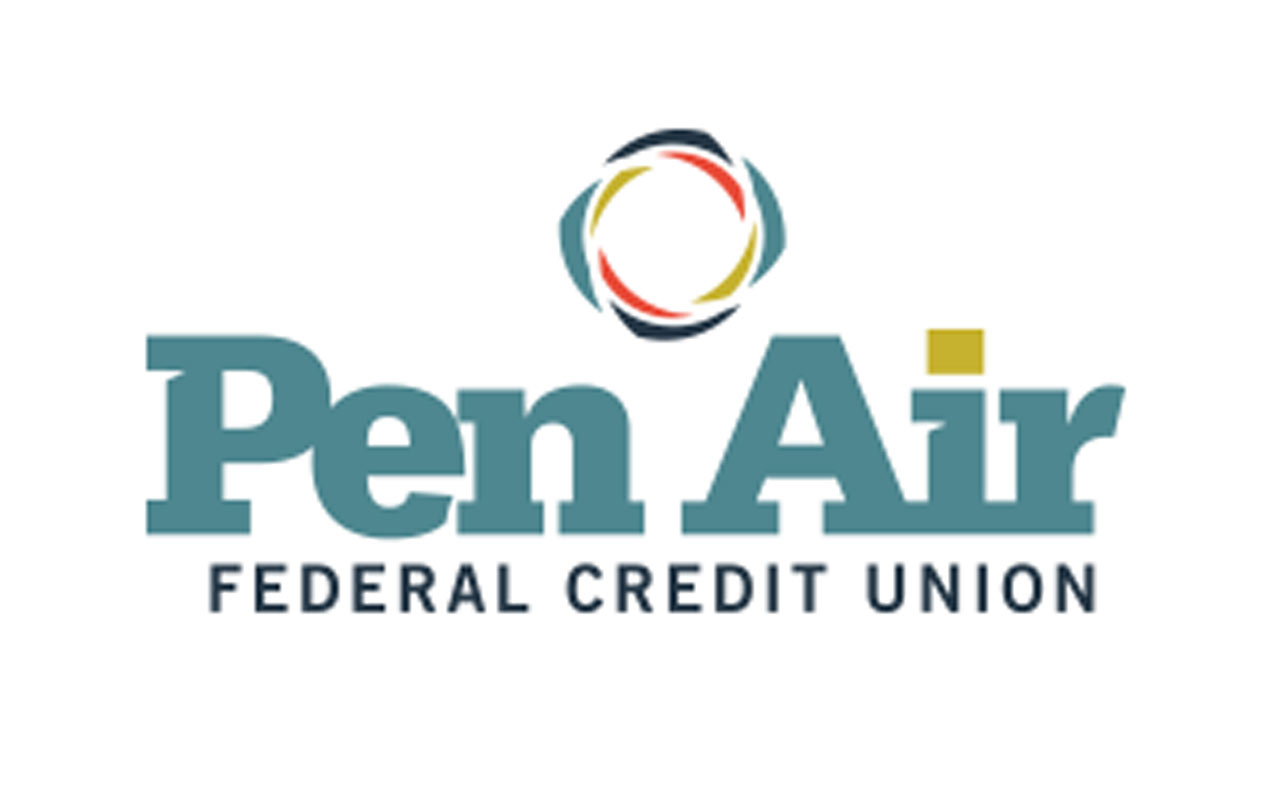
BEST FOR SMALL-BUSINESS OWNERS: Pen Air Federal Credit Union
Founded in 1936 for civil service employees of Naval Air Station Pensacola, Pen Air Federal Credit Union is now the largest credit union in Pensacola, Fla. It has 16 locations in northwest Florida and southeast Alabama, and membership is open to active-duty or retired military, civil service employees, and workers for certain employers.
- How you can join: Anyone can join Pen Air by becoming a member of the Friends of the Navy-Marine Corps Relief Society (Pen Air makes a $3 donation on your behalf, so you pay no fee) and depositing at least $25 into a savings account.
- Checking accounts: We've recognized Pen Air as the runner-up in our rankings of the best financial institutions for small-business owners because it offers a great business checking account. It has no minimum balance requirement or monthly fee and is free of several other fees that business accounts commonly charge, such as for paper statements, checks paid or deposited, and cash deposits. Individual consumers can use a free checking account that requires no minimum balance.
- Savings accounts: The Share Savings account yields up to 0.5%, depending on the balance, youth savings accounts earn 0.6%, and the money market deposit account offers rates of up to 0.75% ($2,500 minimum to earn interest and avoid a $10 monthly fee). With the Round It program, you can have the credit union round up each debit card transaction through your checking account and transfer the change to a savings account.
- Credit cards and loans: Pen Air's selection of credit cards includes the Pen Air Platinum Mastercard, which carries a minimum rate of 10.65%. Its other cards are associated with local universities and sports teams (they pay out rewards of one point per dollar spent, and for most of the cards, the credit union donates to a charitable organization for each transaction you make). Interest rates for a new-car loan with a term of up to 84 months start at 3.24%, and the minimum 30-year fixed rate on a mortgage was recently 4.875%.
Profit and prosper with the best of Kiplinger's advice on investing, taxes, retirement, personal finance and much more. Delivered daily. Enter your email in the box and click Sign Me Up.

Lisa has been the editor of Kiplinger Personal Finance since June 2023. Previously, she spent more than a decade reporting and writing for the magazine on a variety of topics, including credit, banking and retirement. She has shared her expertise as a guest on the Today Show, CNN, Fox, NPR, Cheddar and many other media outlets around the nation. Lisa graduated from Ball State University and received the school’s “Graduate of the Last Decade” award in 2014. A military spouse, she has moved around the U.S. and currently lives in the Philadelphia area with her husband and two sons.
-
 Dow Adds 1,206 Points to Top 50,000: Stock Market Today
Dow Adds 1,206 Points to Top 50,000: Stock Market TodayThe S&P 500 and Nasdaq also had strong finishes to a volatile week, with beaten-down tech stocks outperforming.
-
 Ask the Tax Editor: Federal Income Tax Deductions
Ask the Tax Editor: Federal Income Tax DeductionsAsk the Editor In this week's Ask the Editor Q&A, Joy Taylor answers questions on federal income tax deductions
-
 States With No-Fault Car Insurance Laws (and How No-Fault Car Insurance Works)
States With No-Fault Car Insurance Laws (and How No-Fault Car Insurance Works)A breakdown of the confusing rules around no-fault car insurance in every state where it exists.
-
 What to Do With Your Tax Refund: 6 Ways to Bring Growth
What to Do With Your Tax Refund: 6 Ways to Bring GrowthUse your 2024 tax refund to boost short-term or long-term financial goals by putting it in one of these six places.
-
 What Does Medicare Not Cover? Eight Things You Should Know
What Does Medicare Not Cover? Eight Things You Should KnowMedicare Part A and Part B leave gaps in your healthcare coverage. But Medicare Advantage has problems, too.
-
 15 Reasons You'll Regret an RV in Retirement
15 Reasons You'll Regret an RV in RetirementMaking Your Money Last Here's why you might regret an RV in retirement. RV-savvy retirees talk about the downsides of spending retirement in a motorhome, travel trailer, fifth wheel, or other recreational vehicle.
-
 The Six Best Places to Retire in New England
The Six Best Places to Retire in New Englandplaces to live Thinking about a move to New England for retirement? Here are the best places to land for quality of life, affordability and other criteria.
-
 The 10 Cheapest Countries to Visit
The 10 Cheapest Countries to VisitWe find the 10 cheapest countries to visit around the world. Forget inflation and set your sights on your next vacation.
-
 15 Ways to Prepare Your Home for Winter
15 Ways to Prepare Your Home for Winterhome There are many ways to prepare your home for winter, which will help keep you safe and warm and save on housing and utility costs.
-
 Six Steps to Get Lower Car Insurance Rates
Six Steps to Get Lower Car Insurance Ratesinsurance Shopping around for auto insurance may not be your idea of fun, but comparing prices for a new policy every few years — or even more often — can pay off big.
-
 How to Increase Credit Scores — Fast
How to Increase Credit Scores — FastHow to increase credit scores quickly, starting with paying down your credit card debt.


